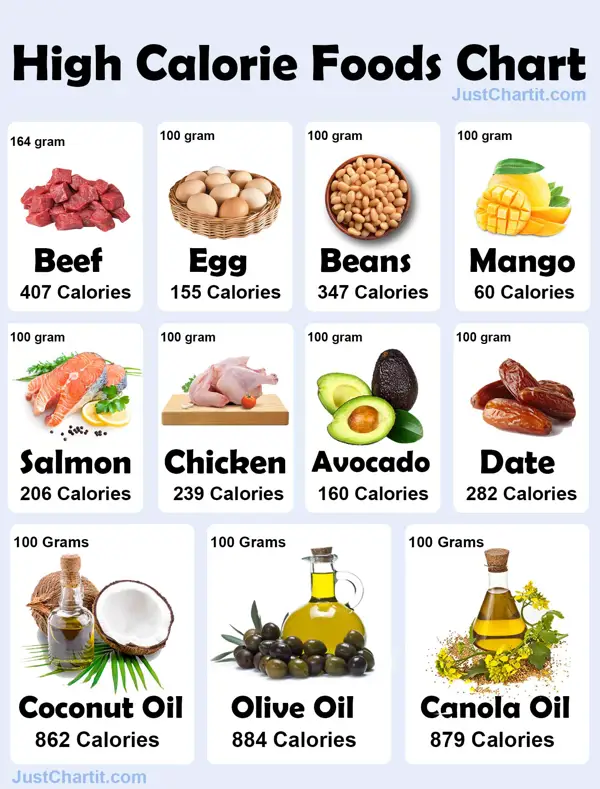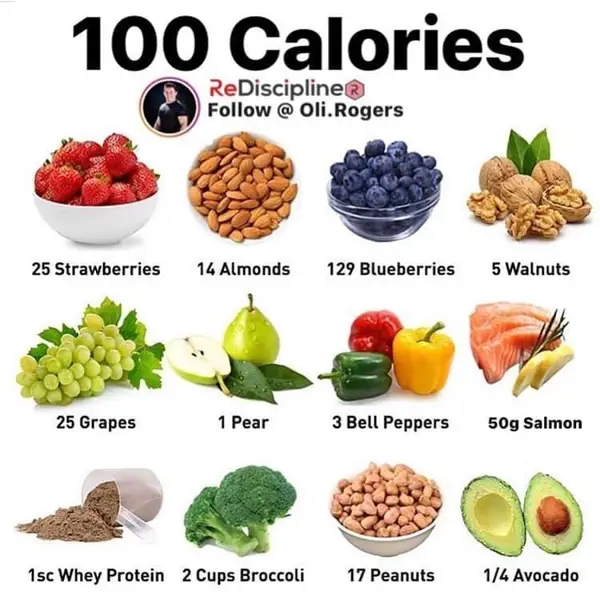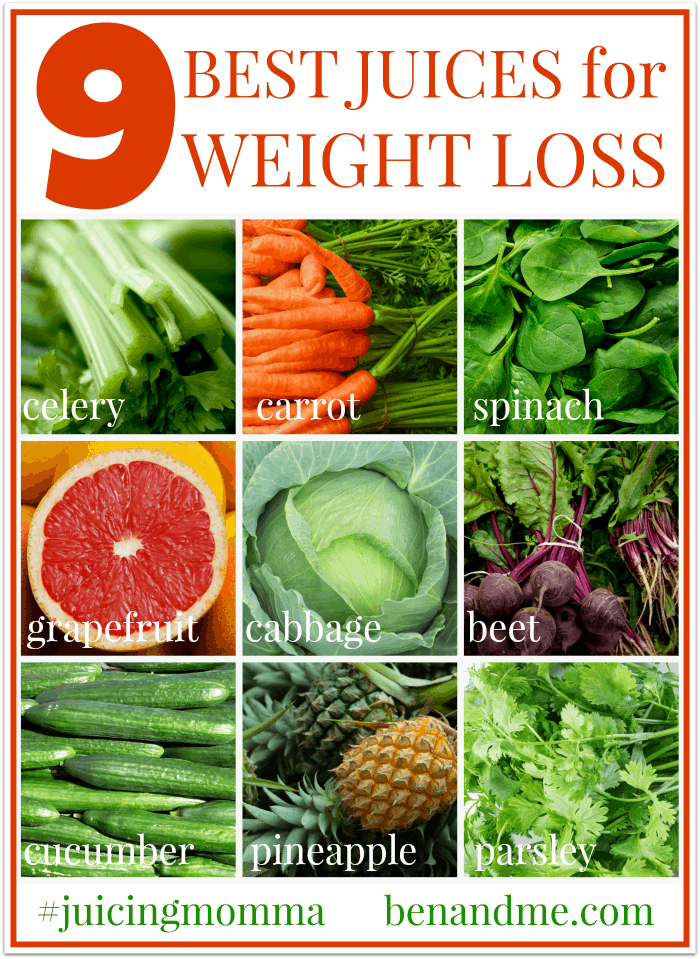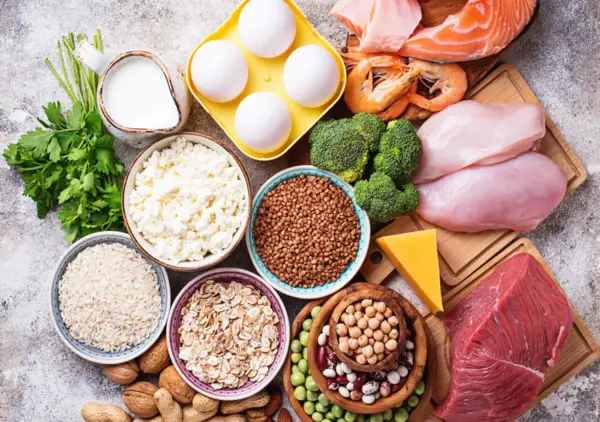Table of Contents
- Why High-Calorie Foods for Dogs Matter
- Top 7 High-Calorie Foods for Dogs
- Understanding Nutritional Benefits
- Supplementing a Balanced Diet
- Precautions and Considerations
- Key Takeaways
- FAQ
Why High-Calorie Foods for Dogs Matter
Dogs, like humans, require an adequate amount of calories to maintain optimal health and energy levels. High-calorie foods play a vital role in fulfilling their nutritional needs, especially for dogs with a higher activity level, underweight dogs, or those recovering from illness. This article explores the importance of including high-calorie foods in your dog's diet and provides a list of options to consider.
Top 7 High-Calorie Foods for Dogs
Dogs can benefit from a range of high-calorie foods. The following items are nutritious options to supplement your dog's regular diet:
| Food | Calories per Serving |
|---|---|
| Peanut Butter | 188 calories |
| Cheese | 115-135 calories |
| Eggs | 70-84 calories per egg |
| Salmon | 206 calories per 4 oz |
| Beef Liver | 175 calories per 2 oz |
| Quinoa | 156 calories per cooked cup |
| Coconut Oil | 121 calories per tablespoon |
Understanding Nutritional Benefits
High-calorie foods offer various nutritional benefits to dogs. They are excellent sources of essential fats, proteins, vitamins, and minerals necessary for their overall well-being. By including these foods, you can ensure your dog receives the right nutrients to support a healthy coat, strong muscles, and improved immunity.
When it comes to our furry friends, it's essential to provide them with a balanced diet that meets their nutritional requirements. While some dogs may require high-calorie diets due to certain factors like high activity levels or medical conditions, understanding the nutritional benefits of such food is crucial.
High-calorie dog food usually contains a higher fat content, which provides more energy and helps maintain an optimal weight. However, it's important to ensure that these calories come from quality sources like lean meats, fish, or healthy fats.
Additionally, high-calorie dog food should also contain adequate protein levels. Protein is essential for muscle growth, repair, and overall health. Look for high-quality protein sources such as chicken, turkey, beef, or fish in the ingredients list.
Furthermore, incorporating vitamins and minerals in high-calorie food can be beneficial. These essential nutrients help support a dog's immune system, bone health, and overall well-being. Vitamins such as A, D, and E, along with minerals like calcium and phosphorus, are crucial for a dog's diet.
While high-calorie food can be beneficial, it's important not to overfeed your dog. Consult with a veterinarian to determine the appropriate portion size based on your dog's specific needs. Regular exercise should also be maintained to ensure that your dog remains fit and healthy.
In conclusion, understanding the nutritional benefits of high-calorie food for dogs is crucial in providing them with a balanced diet. Ensure that the calories come from quality sources, and the food contains adequate protein, vitamins, and minerals. With proper portion control and regular exercise, you can help your furry companion lead a healthy and active life.

Supplementing a Balanced Diet
While high-calorie foods are beneficial, it's crucial to supplement them as part of a well-balanced diet. Dogs still require a proper ratio of proteins, carbohydrates, fats, and other essential nutrients. Always consult with your veterinarian to determine the appropriate amount of high-calorie foods to add to your dog's regular meals.
Proper nutrition is essential for a dog's overall health and well-being. Just like humans, dogs require a balanced diet to stay healthy and maintain optimal body weight. However, there may be instances where your dog needs to consume high-calorie food to supplement their diet. This could be due to medical conditions, pregnancy, lactation, or if your dog is underweight and needs to gain weight.
When to Consider High-Calorie Food
If your veterinarian recommends it or if you observe any of the following signs in your dog, it may be necessary to supplement their diet with high-calorie food:
- Weight loss or inability to maintain a healthy weight
- Lethargy and decreased energy levels
- Loss of muscle mass or poor body condition
- Increased physical activity or exercise requirements
- Recovery from illness, surgery, or injury
- Pregnancy or lactation
Choosing High-Calorie Foods
When selecting high-calorie food for your dog, it is important to consider quality and nutrient content. Look for reputable brands that offer balanced formulas specifically designed for high-calorie supplementation. These foods should contain essential nutrients such as proteins, healthy fats, vitamins, and minerals to ensure your dog receives all the necessary building blocks for growth and maintenance.
Feeding Guidelines
It is crucial to consult with your veterinarian or a professional dog nutritionist to determine the appropriate amount of high-calorie food your dog needs. Every dog has unique dietary requirements, so it is essential to consider their age, size, breed, activity level, and overall health. Feeding guidelines provided by the manufacturer can serve as a starting point, but adjustments may be required to meet your dog's specific needs.
Remember to introduce new foods gradually to avoid digestive upsets. It's also important to provide plenty of fresh water throughout the day to keep your dog hydrated.
Monitoring and Regular Vet Check-Ups
While supplementing your dog's diet with high-calorie food, it is crucial to closely monitor their weight and body condition. Regularly weigh your dog and evaluate their body composition to ensure they are progressing as desired. Schedule regular veterinary check-ups to monitor your dog's overall health and discuss any concerns or adjustments that may be necessary.
Supplementing a balanced diet with high-calorie food for your dog should be done under veterinary supervision to ensure optimal results and prevent any potential health risks.

Precautions and Considerations
When introducing high-calorie foods into your dog's diet, consider their specific dietary needs, age, breed, and overall health condition. Keep in mind that moderation is key. Excessive calories can lead to weight gain and associated health issues. It's always best to introduce new foods gradually and monitor any changes in your dog's health or behavior.
Dogs, like humans, require a balanced and nutritious diet to maintain optimal health and well-being. While high-calorie foods may seem appealing to provide a quick energy boost or to entice picky eaters, it's essential to be cautious when including them in a dog's diet. This article will highlight some important precautions and considerations to keep in mind regarding high-calorie food for dogs.
1. Consult with a Veterinarian
Prior to making any significant changes to your dog's diet, it is crucial to consult with a veterinarian. They will be able to provide professional advice and guide you in determining the appropriate calorie intake for your specific dog based on their breed, age, size, and overall health condition.
2. Maintain a Balanced Diet
While dogs require a certain number of calories each day, it is important to ensure that those calories come from a balanced diet. High-calorie foods should be limited and only offered occasionally as treats. They should never replace the essential nutrients obtained from a well-rounded diet consisting of quality dog food formulated to meet their specific nutritional requirements.
3. Avoid Overfeeding
Overfeeding high-calorie foods can lead to obesity, which can result in various health issues for dogs, including joint problems, heart disease, and a decreased lifespan. Carefully monitor the portions you feed your dog and resist the temptation to give them excessive treats or fatty foods.
4. Be Aware of Specific Health Conditions
Certain health conditions, such as pancreatitis or gastrointestinal sensitivities, may make it necessary to avoid high-calorie foods altogether. If your dog has any known health issues, discuss their diet with a veterinarian to determine which foods are safe and appropriate for them.
5. Consider Low-Calorie Alternatives
If you're looking to provide your dog with tasty and rewarding treats without excessive calories, consider offering low-calorie alternatives. Numerous commercially available treats are specially formulated to be healthier and lower in calories, ensuring that your dog can still enjoy a delicious snack without compromising their health.
While high-calorie foods can be tempting to include in your dog's diet, it is important to exercise caution and prioritize their overall well-being. By consulting with a veterinarian, maintaining a balanced diet, avoiding overfeeding, being aware of specific health conditions, and considering low-calorie alternatives, you can ensure that your dog stays healthy, happy, and maintains an ideal weight.

Key Takeaways
- High-calorie foods provide additional energy and nutrients for dogs with increased energy needs.
- Peanut butter, cheese, eggs, salmon, beef liver, quinoa, and coconut oil are some high-calorie foods to consider.
- Supplement high-calorie foods as part of a balanced diet recommended by your veterinarian.
- Consider your dog's specific dietary needs, age, breed, and health condition when selecting high-calorie foods.
- Introduce new foods gradually and monitor your dog for any adverse reactions or weight gain.
FAQ
1. Can I feed my dog only high-calorie foods?
No, high-calorie foods should be used to supplement a well-balanced diet and should not replace the complete nutrition provided by a balanced dog food. Consult your veterinarian for guidance on your dog's specific dietary needs.
2. How often can I include high-calorie foods in my dog's diet?
The frequency of including high-calorie foods in your dog's diet depends on their individual needs and energy requirements. Your veterinarian can help you determine the appropriate frequency and portion sizes for your dog.
3. Are all high-calorie foods safe for dogs?
Not all high-calorie foods are safe for dogs. Avoid foods that are toxic or harmful to dogs, such as chocolate, onions, grapes, and foods containing xylitol. Always research and consult with your veterinarian before introducing new foods.



Recent Comments